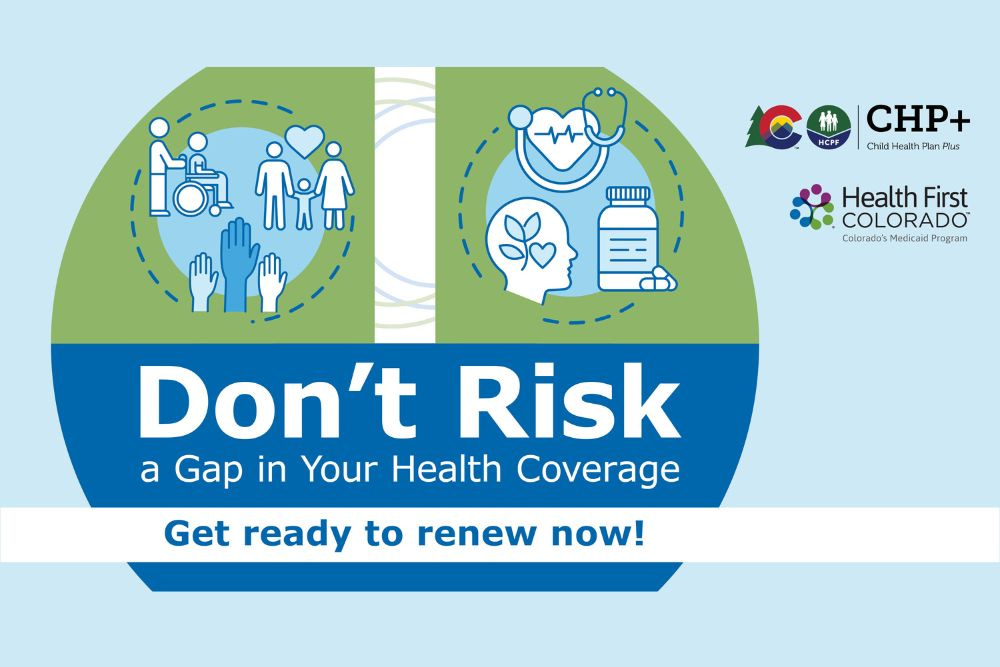How Social Media Affects Mental Health: The Effects of Constant Connectivity

While there are many positive aspects to this increased connectivity, there are also some potential downsides, particularly regarding mental health. Social media can be a great way to stay connected with friends and family, but it may also lead to negative comparisons, a failure to live in the moment, and even cyberbullying. Therefore, finding ways to prioritize your mental health while enjoying the benefits of social media is of the utmost importance.
How Does Social Media Affect Mental Health?
Let’s be clear: social media isn’t entirely bad for your mental health. In fact, it can be used in positive ways to connect with others and share important information. However, certain aspects of social media may be detrimental to mental health if people are not mindful. The following list explores some ways social media may negatively affect your mental health and how you can help mitigate these effects.
Failing to Live in the Moment
When you are constantly absorbed in your phone or computer, you may be missing out on interactions and experiences happening right in front of you. Social media can be a great way to document and share experiences with others as well as find fun events happening near you. However, it’s essential to make sure you’re not trading real-life experiences for digital ones.
If you find yourself spending more time on social media than you’d like, there are a few things you can do to cut back. One strategy is to schedule specific times for checking social media so that it doesn’t become an all-consuming habit. Additionally, try to be more mindful about when you’re using social media and make an effort to put your phone away during certain activities like family dinners or outings with friends.
Comparing Yourself to Others
It happens to the best of us. You’re mindlessly scrolling through your social media feed when you see a post from an old friend. You click on their profile and see that they’ve just returned from a luxurious vacation, their clothes are designer labels, and it seems like they are surrounded by an army of friends. You begin to compare your life to theirs and wonder why you’re not living such a glamorous lifestyle.
This feeling is not uncommon, and social media is often to blame. Social media gives us a false sense of reality, and it’s easy to get caught up in the highlight reel of someone else’s life. It’s important to remember that people often only share the best parts of their lives on social media, and these posts are typically exaggerated for the sake of likes and comments.
How to Stop Comparing
If you find yourself constantly comparing your life to others, it may be time to take a break from social media. Instead, spend some time focusing on gratitude for your own life and what makes you happy. You may be surprised to find that you’re quite content with your life once you take the time to appreciate it. While it is okay to be inspired by others, make sure you’re not trying to become them.
FOMO: The Fear of Missing Out
The fear of missing out is a real phenomenon that can be exacerbated by social media. Social media apps make it easy to see what everyone else is doing and may give you the idea that you should be doing more. The fear of missing out may also cause you to compulsively check your phone or refresh your feed to stay up-to-date on what’s happening. This constant need to be “in the know” may take a toll on your mental health and cause you to miss exciting moments in your own life.
How to Overcome the Fear of Missing Out
While it’s natural to want to participate in activities with your friends, it’s important to do what makes you happy. If you find yourself succumbing to the fear of missing out, take a step back and assess what’s really meaningful to you. Social media should not dictate how you live your life or make you feel like you need to do more. Instead, use social media as a tool to supplement your life, not define it. If you are spending more time than you’d like on social media, it may be time to take a break. You might find that you aren’t missing out on as much as you thought.
Cyberbullying and Social Media
Social media provides a unique platform for cyberbullying. Cyberbullying is a type of bullying that takes place online or through text messages. It can include anything from spreading rumors to sending threatening messages. Social media apps make it easy for bullies to anonymously target their victims and reach a large audience with little effort.
Cyberbullying can be particularly harmful because it can follow people anywhere. It is hard for victims to escape the constant stream of hurtful messages which may easily lead to feelings of isolation, anxiety, and depression. Moreover, cyberbullying may often crossover into the physical world and lead to real-life bullying.
How to Respond to Cyberbullying
If you or someone you know is being cyberbullied, it’s crucial to reach out for help. Talk to a trusted adult or friend about what’s happening and save any evidence of the bullying (e.g., messages, posts, screenshots). If you are a victim of cyberbullying, be sure to block the bully and report them to the social media platform if possible. Always avoid giving out personal information online and only follow people you know in real life. Social media should be a positive experience, so don’t hesitate to reach out for help if it starts to feel negative.
The Addictive Nature of Social Media
Social media apps are designed to be addictive. They use various techniques, such as notifications and likes, to keep you coming back for more. This may be harmful to your mental health as it encourages you to constantly seek validation from others. The addiction may also lead to feelings of anxiety or depression when you’re not using social media. This unhealthy attachment to social media apps may cause you to neglect real-life relationships or other aspects of your life. Sometimes the addiction may put you in danger, such as using social media apps while driving.
How to Break a Social Media Addiction
It’s imperative to be aware of the addictive nature of social media apps and take steps to limit your usage. Many social media platforms have features that will enable you to monitor the amount of time you spend on them. Use these features to set time limits and help you stick to them. It may also be helpful to delete the app from your phone so that you are not tempted to use it when you’re bored or have free time.
Additionally, make sure you’re using social media apps for positive reasons, such as staying in touch with friends and family or sharing interesting content. If you find social media is negatively impacting your life, it may be time to take a break from it. If you notice a loved one is spending too much time on social media, have a conversation with them about it. Like other addictions, a social media addiction should be taken seriously, and professional help may be necessary to overcome it.
Schedule a Mental Health Check-up with Mile High Psychiatry
At Mile High Psychiatry, we understand the toll social media can take on your mental health, and we have the resources you need to overcome these challenges.
Our expert team of mental health providers can help address any underlying mental health issues you may be dealing with as a result of social media. Contact us today and take the first step towards exceptional mental health.


